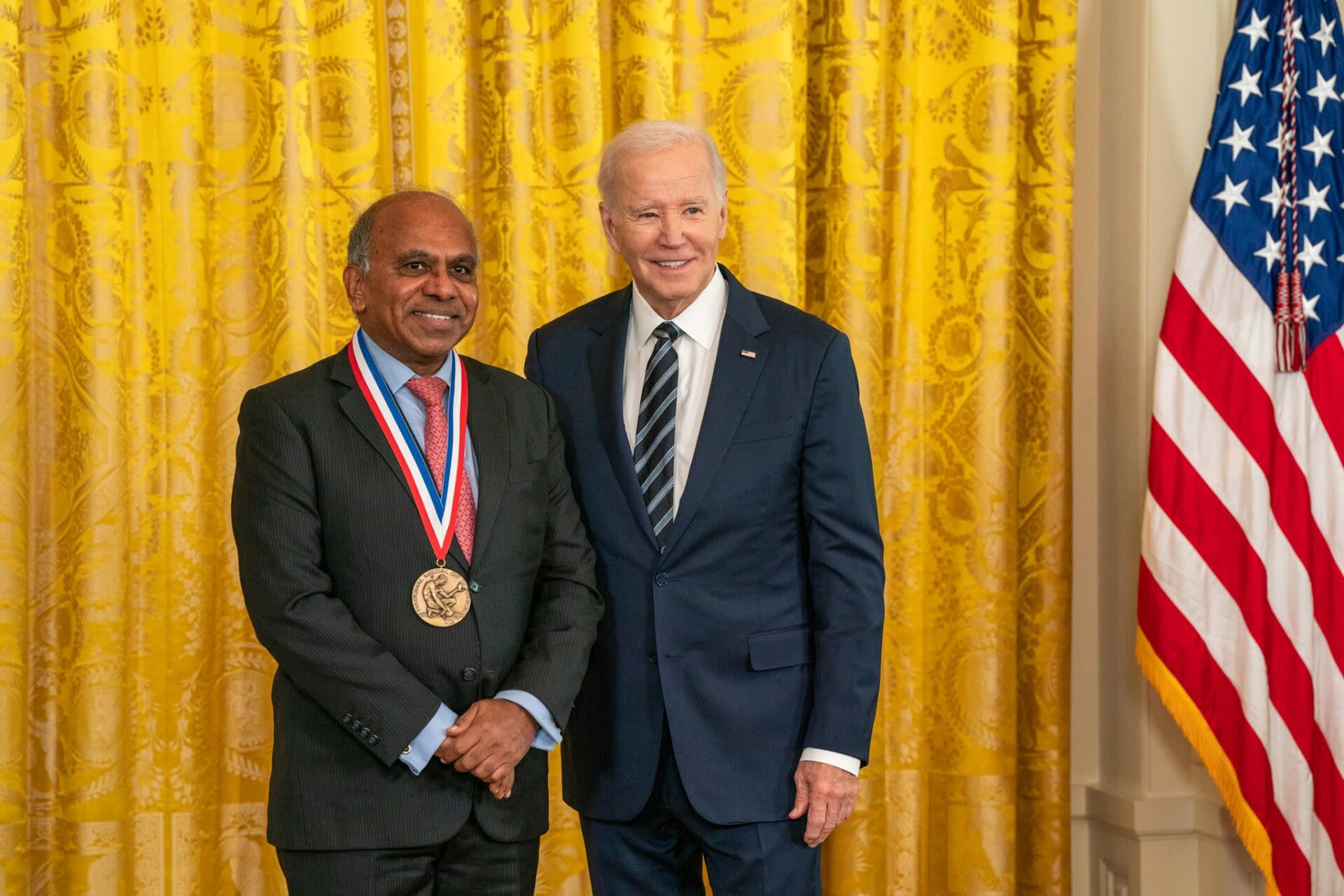Cognitive skills such as analytical and creative thinking are rising in their importance in influential global surveys such as the World Economic Forum’s Future of Jobs report. Technological literacy is another skill on the rise as international organizations, such as the International Monetary Fund (IMF) focus on the impact of artificial intelligence (AI) not only on future employment trends, but on how it will transform the global economy. With regard education, UNESCO has moved even further by recommending “governments to implement appropriate regulations and teacher training, to ensure a human-centred approach to using Generative AI in education.”
The growing attention on artificial intelligence should serve to remind us that the ultimate goal of such a transformative technology should be in creating inclusive, equitable education opportunities for all. After all, the 4th Sustainable Development Goal (SDG) is to ensure inclusive and equitable quality education and promote lifelong learning opportunities for all by 2030. But today, 250 million children between the ages of 6 and 18 remain out of school globally, the vast majority of them located in poorer countries in Sub-Saharan Africa and Asia. In those low-income countries, just one in three girls is enrolled in secondary school, less than half the global average.
Assuming we can provide access to generative AI platforms to over 700 million people without electricity, this achievement would not directly translate to effective learning, particularly in a world that is being reshaped by systemic changes, such as climate change and biodiversity loss, impacting multiple generations. Yet the world is undoubtedly in the middle of a learning revolution. If the ever-accelerating pace of technological change is poised to further disrupt learning for people of all backgrounds, then how can we help education systems harness the very latest tech tools to widen access and build a learning system fit for the future? This is the key question that the Global Learning Council (GLC) seeks to address.
Accelerating Systems Change in Learning
Learning is the daily process of gaining knowledge and improving our skills whereas education is a formal and systemic process. However, you can see their convergences as worker engagement in life-long learning becomes a growing concern of employers. In this regard, the Global Learning Council serves a cross-sector, multidisciplinary innovation platform, advancing science and technology to improve outcomes for learners of all ages and generations. It also aims for a systemic transformation of global education to break down inequities between and within developing and developed nations. This is possible by bringing together innovators and educators to explore how new technologies can be deployed most effectively in pursuit of these aims.
The Global Learning Council was the brainchild of distinguished scientist, engineer and educator, Subra Suresh, who served as the Dean of the School of Engineering at MIT, Director of the U.S. National Science Foundation, and President of Carnegie Mellon and Nanyang Technological universities. In creating the GLC, “we realized that technology could provide opportunities that we could not otherwise have. Especially with AI, with 5G connectivity and now things like ChatGPT – there are so many opportunities,” he explained.
Subra Suresh receives the National Science Medal from President Joe Biden
The Global Learning Council is guided by an experienced Advisory Board, which includes Claudette Irere, Rwanda’s Minister of State for Education; Olli-Pekka Heinonen, Director General of the International Baccalaureate; and Fabiola Gianotti, Director General of the European Organization for Nuclear Research (CERN) among others.
Learning by doing things differently
Accelerating systemic change while delivering them at scale requires innovation and experimentation which is why the Global Learning Council is working on a portfolio of programs. Some are hands-on working side-by-side with students and teachers in secondary education. An example is the GLC - HP Global Hackathon, which tests the “veracity of AI in learning” in Switzerland, India, Rwanda and Kenya, with its final competition taking place at the GLC Annual Meeting.
Other programs focus on tertiary education and look at other systemic challenges such as the energy transition to net zero carbon emissions. An example is the Summer University Student Internships at CERN (the European Organization for Nuclear Research), gives STEM students the opportunity to learn about sustainability in energy and environment at a world-leading institution. Others focus on world-class thought leadership. For instance, the GLC’s Post-Doctoral Fellows Network connects postdoctoral researchers from some of the world’s top universities to collaborate on AI and learning outcomes, covering topics from AI in education to renewable energy and AI art. Meanwhile, it’s partnering with HP to deliver the Futures leadership initiative, a network of over 100 thought leaders spanning education, academia, business and government.
Uniting the GLC’s initiatives is one common theme: innovative with intention of having an impact at scale. “What we are trying to do is connect people who are dealing with hundreds of millions of learners with people who are able to provide content to hundreds of millions of people, but who might only be delivering it to maybe 10,000 people today. That’s the sweet spot where we see the GLC can play a role”, explains Subra Suresh.
By harnessing technology to spread knowledge across borders, the GLC team is empowering bright minds to develop intergenerational solutions to tackle the interdisciplinary problems our world faces. Its pioneering work advancing educational access around the world closely aligns with our mission at the Villars Institute, which serves as the secretariat of the Global Learning Council. The Villars Institute will also organize the Annual Meeting of the Global Learning Council this summer on the eve of the Villars Symposium.




